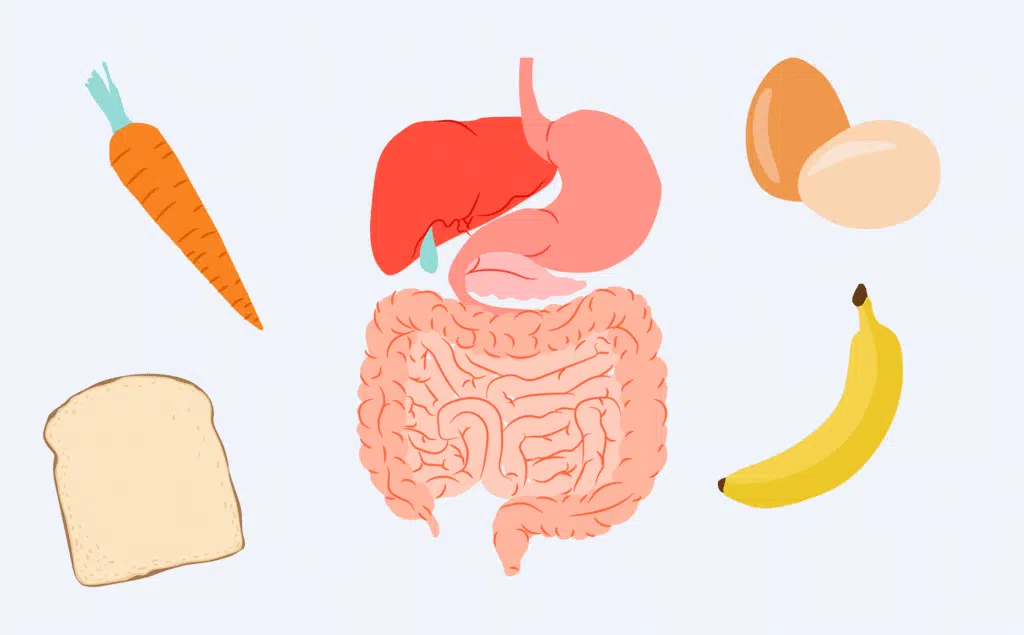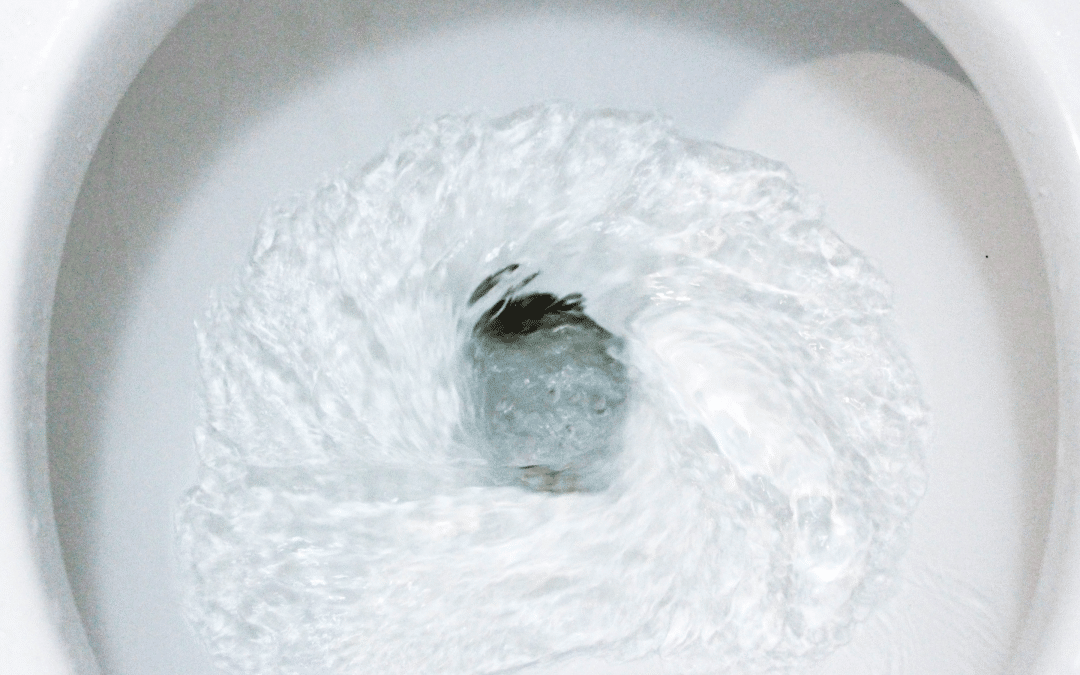Your bowel movements can reveal important insights about your digestive health and overall wellbeing. While it might seem uncomfortable to discuss, understanding what’s normal and recognizing warning signs is essential for maintaining good health.
What Is a Normal Bowel Movement?
Normal bowel movements vary significantly from person to person. Some people have bowel movements once daily, while others may go several times a day or a few times per week. What’s most important is consistency in your personal pattern.
The digestive process begins when food enters your stomach, continues through the small intestine where nutrients are absorbed, and concludes in the large intestine where water and electrolytes are absorbed to form stool.
The Bristol Stool Chart: A Helpful Guide
Healthcare professionals often use the Bristol Stool Chart to classify stool into seven categories:
- Type 1: Separate hard lumps (like nuts) – indicates significant constipation
- Type 2: Sausage-shaped but lumpy – suggests constipation
- Type 3: Sausage-shaped with cracks on the surface
- Type 4: Smooth, soft sausage or snake-like – considered ideal
- Type 5: Soft blobs with clear-cut edges (easily passed)
- Type 6: Fluffy pieces with ragged edges – indicates mild diarrhea
- Type 7: Entirely liquid, watery with no solid pieces – significant diarrhea
Ideally, your stool should be Type 3 or 4 on this scale. Healthy stool is typically brown (due to bile and bilirubin) and passes without significant straining or discomfort.
Red Flags: When Your Bowel Movement Signals Trouble
Changes in your bowel habits can sometimes indicate underlying health issues. Here are warning signs to watch for:
Signs of Constipation
For adults, having fewer than three bowel movements per week may indicate constipation. Children should have at least two bowel movements weekly. Common symptoms include:
- Dry, hard stools that are painful or difficult to pass
- Abdominal swelling, bloating, or pain
- Feeling like your bowel doesn’t empty completely
- Inability to pass gas
- Nausea or vomiting (with or without fever)
- Lower back pain
When to Seek Medical Attention
Contact your healthcare provider if:
- New constipation lasts more than two weeks
- You notice blood in your stool (bright red streaks or generally red stool)
- You experience significant changes in bowel habits
- You have chronic diarrhea (which can lead to dehydration)
Stool Color as a Health Indicator
Variations in stool color can provide important health information:
- Black stool: May indicate bleeding in the upper digestive tract or iron supplement use
- Pale or yellow stool: Could suggest liver, gallbladder, or pancreatic issues
- Red stool: Often indicates lower digestive tract bleeding or hemorrhoids
The Risks of Ignoring Bowel Movement Issues
Persistent bowel problems, especially constipation, can lead to complications including:
- Anal fissures: Small, painful tears in the anal lining
- Hemorrhoids: Swollen, inflamed veins in the rectum and anus causing pain, itching, and sometimes bleeding
- Fecal impaction: Hard, dry stool stuck in the colon or rectum
- Rectal prolapse: Part of the rectum slipping through the anus
- Bowel incontinence: Loss of control over bowel movements
Beyond physical complications, chronic bowel issues can significantly impact quality of life, causing discomfort, bloating, and anxiety.
Beyond Constipation: Other Bowel Movement Clues
Your stool can provide additional health insights:
- Persistent diarrhea: May indicate infections, food intolerances, irritable bowel syndrome (IBS), or inflammatory bowel disease (IBD)
- Floating stools: Occasional floating is normal, but consistently greasy, floating stools might suggest fat malabsorption
- Mucus in stool: Small amounts are normal, but increases (especially with pain or blood) warrant medical attention
Conclusion
Paying attention to your bowel movements provides valuable information about your digestive health. While discussing bowel habits may feel uncomfortable, it’s crucial for overall wellbeing.
If you experience persistent problems or concerning changes in your bowel movements, consult your healthcare provider. They can help determine the cause and recommend appropriate treatment options for your specific situation.
Remember that understanding your body’s signals is an important step toward better digestive wellness and overall health.








